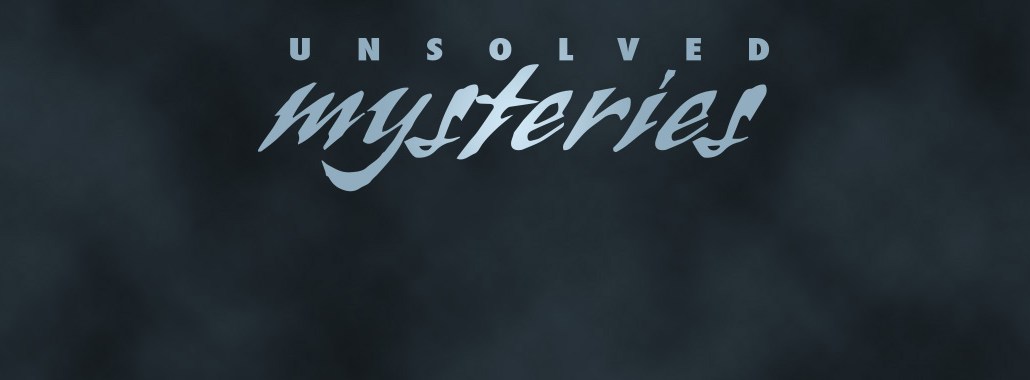
Hashtags are ubiquitous features of social platforms from Twitter to Facebook to Instagram, but they’re unique in that they’re controlled by users — to an extent.
In some cases, platforms step in when hashtags violate what the platforms deem to be their community norms. Last week, for instance, Instagram removed the hashtag #curvy from search results on the grounds that it “was being used to share content that violates our guidelines around nudity.”
Perhaps, but what amounts to a ban and how it is enforced varies across platforms — and even platforms own policies are inconsistent. A primer below.
Why do platforms move against hashtags?
The reasons vary — and some on the outside see different motives than the platforms claim. For instance, Instagram’s move against #curvy was seen by some plus-size bloggers burst into rage because while #curvy has been banned, others such as #skinny, #fat and #thin are still searchable hashtags.
“It does seem a little arbitrary sometimes,” said Andrew Cunningham, social lead at Huge. “But it can be likened to how a police department would monitor dangerous corners of a rough neighborhood. They have to maintain a safe environment.”
So can hashtags get banned?
No, not really. In the case of Instagram, typing in #curvy will instead suggest a number of other similar hashtags like #curvygirl and #curvyfit. Twitter doesn’t ban hashtags either. According to a Twitter spokesperson, its trust and safety team reviews all content reported by users and takes action if the content violates those rules. Twitter doesn’t disable searches on hashtags or hashtags themselves. Pinterest also monitors hashtags, on the basis of its acceptable use policy, but doesn’t take any action to hide the hashtags. Basically, all platforms handle the situation differently
“Written hashtags can mean different things when attached to words, say on Twitter, or when attached to an image on Instagram,” said Robb Henzi, senior director of strategy at agency We Are Social. “Cross-platform alignment is hard.”
Is this censorship really?
No. Experts say platforms need to take steps at times, even if those will be unpopular with some. Take the action Tumblr and Pinterest took against the “thinspo” and “thinspiration” trend back in 2012, to discourage anorexia and other eating disorders.
“In today’s social media-driven ‘uproar’ culture, people get outraged about a lot of things,” said Henzi. “I guess communication is part of the problem. These platforms just need to be more transparent about their reasons.”
More in Media

Meta AI rolls out several enhancements across apps and websites with its newest Llama 3
Meta AI, which first debuted in September, also got a number of updates including ways to search for real-time information through integrations with Google and Bing.

Walmart rolls out a self-serve, supplier-driven insights connector
The retail giant paired its insights unit Luminate with Walmart Connect to help suppliers optimize for customer consumption, just in time for the holidays, explained the company’s CRO Seth Dallaire.

Research Briefing: BuzzFeed pivots business to AI media and tech as publishers increase use of AI
In this week’s Digiday+ Research Briefing, we examine BuzzFeed’s plans to pivot the business to an AI-driven tech and media company, how marketers’ use of X and ad spending has dropped dramatically, and how agency executives are fed up with Meta’s ad platform bugs and overcharges, as seen in recent data from Digiday+ Research.





